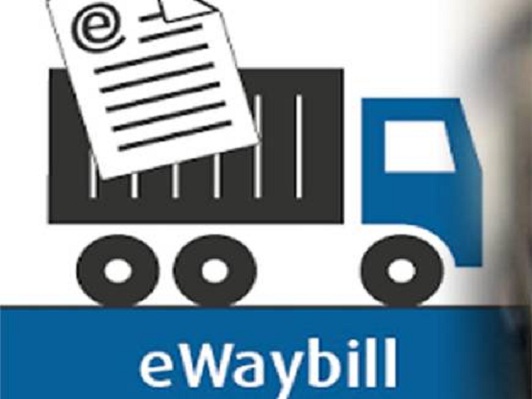
The E-way bill regulates the movement of goods across the country and has gained both popularity and notoriety since its implementation. The electronically generated bill works in tandem with the Goods and Service Tax (GST) law. In the era before GST, waybills were filled physically through the concerned authorities of the state. This mechanism made the task tedious for transporters and suppliers. The introduction of the GST regime brought with it the E-way bill system, a unified process that supports and streamlines the movement of goods throughout the country.
Continue reading to understand the E-way bill in-depth.
What is an E-Way Bill?
An e-way bill is an essential item that must be generated through its namesake portal when transporting goods valued above Rs. 50,000. It includes a unique e-way bill number that can be accessed by the goods’ supplier, the transporter, and the recipient.
Fundamentals of an E-Way Bill
The central government has developed and deployed an online portal that enables the generation of the electronic waybill. It supports the process of goods transportation that refers to the returns, rejection, and acceptance of goods with a delivery challan.
The state authority has made it compulsory to file e-way bills when moving goods intra-state as well as inter-state. The mechanism eases the process of transportation for suppliers and transporters.
E-way bills pertain to the suppliers, recipients, transporters, and tax officers. The suppliers and transporters must be registered on the e-way portal to successfully generate the bill.
Generating the E-Way Bill
There is an online portal dedicated to e-way bill generation. The bill can be filled in through the Form GST EWB-01. It includes two parts and requires you to disclose the details regarding the consignment, ownership, and supplier of the goods.
- Part-A of the bill must be furnished with details of the (goods’) receiver.
- Part-B of the bill must include information on the GR number, transporter, and vehicle number.
Once an e-way bill is generated, it is final and cannot be edited. In case of generating a bill for a consignment within 50-kilometres, there is no need to fill in Part-B.
The supplier must convey the details furnished as part of the e-way bill to the goods’ recipient. Recipients are required to convey the acceptance of the goods within 72 hours or the validity period of the bill, whichever is earlier.
Information Needed to Generate an E-Way Bill
It is imperative to keep the following information handy when generating an e-way bill:
- Vehicle number of transporter when transporting goods via roadways.
- Transporter document number with date of documents for goods transported via railways, air, or cargo ships.
- Bill of supply, invoice, or challan of the goods being transported.
Post completion of bill generation, a unique e-way bill is generated. The number is allotted to the recipient, supplier, and transporter.
Who Must Generate an E-Way Bill?
The e-way bill must be generated by a registered person, including:
- Goods’ Supplier: The supplier must undertake the generation of the bill before the goods are transported or handed over to the transporter.
- Goods’ Transporter: The transporter must generate the bill if the supplier does not. It must be generated when the goods are moved through rail, road, and air.
- Goods’ Recipient: The recipient is responsible for generating the bill when the goods are supplied by an unregistered supplier.
When is an E-Way Bill Not Required?
An e-way bill need not be generated under the given circumstances:
- When transporting goods on a non-motorized vehicle.
- Transportation of goods specified in the exempted list of the e-way bill system.
- In the movement of goods from the port, air cargo, or port station via a container depot for the purpose of customs clearance.
- Non-requirement of Part-B of e-way bill in the event of distance being less than 10-kilometres between the consignor and transporter (this consignment must take place within the state).
The e-way bill system is aimed to smoothen the transportation process across the country. It gives authorities more control over goods transportation within and across state borders. The system also works towards preventing tax evasion. It acts as a good tracking system for transporters as it enables them to keep track of their consignment. Follow Bajaj Finserv MARKETS to stay updated on the latest introductions in the e-way billing system.





More Stories
Karthikeyan Cottages Hotel, Tamil Nadu
FOA Full Form In Hotel
Plegamma Temple, Bengaluru, Karnataka